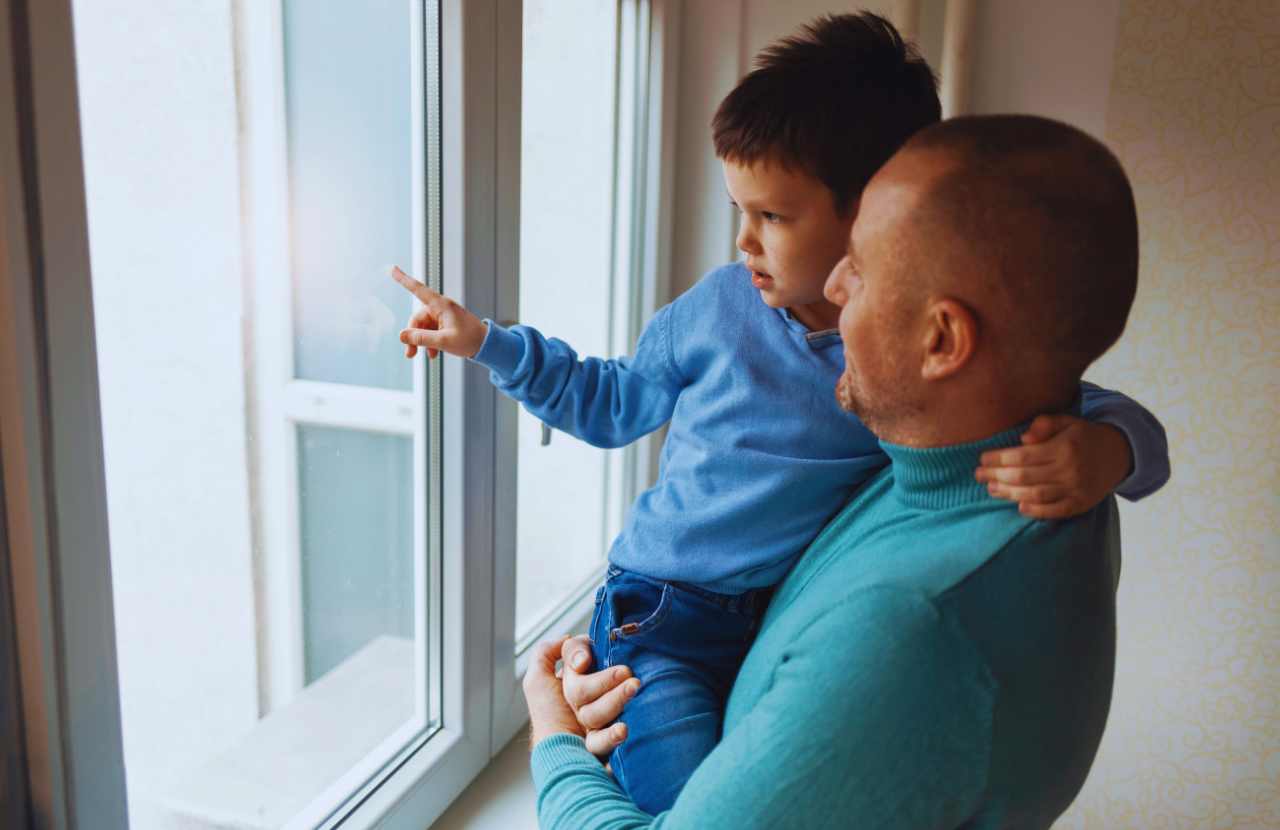The fear of a parent, particularly one’s father, is a complex emotional labyrinth that intertwines various psychological factors. This fear, often accompanied by anxiety, can manifest in different forms, from an uneasiness to a full-blown dread, especially when the father figure is upset. In this exploration, we will explore the intricate aspects of why you are scared of your dad, the psychological dynamics at play, and effective strategies for overcoming this emotional hurdle.
Understanding the Fear
The fear of your father, sometimes referred to as “paternal fear,” is a multifaceted emotion rooted in a combination of parenting styles, communication dynamics, and past experiences. This fear can be intensified when a father’s actions induce anxiety, creating a challenging emotional landscape for the child.
Anxiety Triggered by Father’s Actions
It’s not uncommon for a father’s actions to evoke anxiety in a child. The fear of your dad when he’s mad can stem from a variety of reasons, such as an authoritarian parenting style, strict expectations, or a history of negative interactions. The anticipation of his anger becomes a source of constant anxiety, influencing your emotional responses and interactions within the family.
The Impact on Communication
One of the repercussions of the fear of your father is a reluctance to communicate openly. The anxiety and fear associated with paternal interactions can create a barrier, making it challenging to express your thoughts, feelings, and concerns. Understanding why you’re scared to talk to your dad is crucial in unravelling this fear’s complexities.
Unique Dynamics Within the Family
The fear of your dad is often intertwined with broader family dynamics. Sibling relationships, parental interactions, and family expectations can all contribute to the overall emotional environment. Exploring why you’re scared of your family is essential for comprehending the interconnected web of emotions.
Why are you Scared of your Dad?
The fear of one’s father is a deeply nuanced emotion rooted in a complex interplay of psychological factors, familial dynamics, and personal experiences. In this exploration, we aim to unravel why you are Scared of your Dad.
Parental Influence on Emotional Development
Their relationship with their parents significantly influences children’s emotional development. As a primary caregiver, a father plays a crucial role in shaping a child’s perceptions of safety, love, and authority. Positive experiences during childhood contribute to a sense of security and confidence, while negative experiences can lead to fear and anxiety.
Authoritarian Parenting Styles
One common reason for the fear of a father is an authoritarian parenting style. Authoritarian parents often set strict rules and high expectations, enforcing discipline through punishment rather than nurturing a supportive environment. Children raised in such households may develop fear as a response to the perceived threat of punishment or disapproval.
Communication Gaps
Effective communication is vital in any relationship, including the parent-child dynamic. If a father fails to communicate openly with their child, it can lead to misunderstandings and uncertainty. Children may interpret this lack of communication as disapproval, fostering fear of their father’s reactions.
Past Traumatic Experiences
The fear of a father can also stem from past traumatic experiences, such as witnessing domestic violence or experiencing emotional abuse. Trauma can leave lasting imprints on a child’s psyche, creating a fear response as a means of self-protection.
Unrealistic Expectations
Sometimes, fathers may unknowingly place unrealistic expectations on their children, expecting them to fulfil specific roles or meet certain standards. The fear arises from the constant pressure to meet these expectations, fearing disappointment or disapproval if they fall short.
Cultural and Societal Influences
Cultural and societal norms can also contribute to the fear of a father. Traditional gender roles and expectations may lead to a strict, authoritative demeanour from fathers, creating an environment where children feel compelled to meet rigid standards.
Effects on Mental Health
The fear of a father can have significant implications for mental health. Anxiety, depression, and low self-esteem are common outcomes when a child lives in constant fear of their father’s reactions. Understanding these psychological consequences is crucial in addressing and overcoming the root causes of this fear.
How to Overcome Fear of Your Father?
Identifying Root Causes
Delving into your past experiences and the specific triggers contributing to your fear is the first step. Understanding why your dad gives you anxiety requires a reflective exploration of your interactions and the emotions they evoke.
Communication Strategies
Overcoming the fear of your father involves improving communication. Expressing your feelings, concerns, and needs can help bridge the gap between you and your dad. Utilize “I feel” statements to communicate your emotions without placing blame.
Establishing Boundaries
Setting healthy boundaries is crucial for emotional well-being. Clearly defining acceptable behaviour and communicating these boundaries to your father can create a more stable and secure environment.
Seeking Professional Support
In cases where the fear is deeply rooted or linked to past trauma, seeking the assistance of a mental health professional is beneficial. Professional guidance provides a safe space to explore and address complex emotions.
Family Dynamics
Consider engaging in family counselling to address broader family dynamics. This collaborative approach allows all family members to share their perspectives and work towards fostering a healthier, more supportive atmosphere.
Final Words
The fear of your father is a multifaceted emotion influenced by various psychological factors. By understanding the root causes, improving communication, establishing boundaries, seeking professional support, and addressing family dynamics, individuals can overcome this complex emotion. Breaking free from fear requires patience, self-reflection, and a commitment to building healthier relationships within the family unit. Remember, the path to emotional well-being is unique for each individual, and seeking support is a courageous step towards creating a more positive and fulfilling familial connection.

